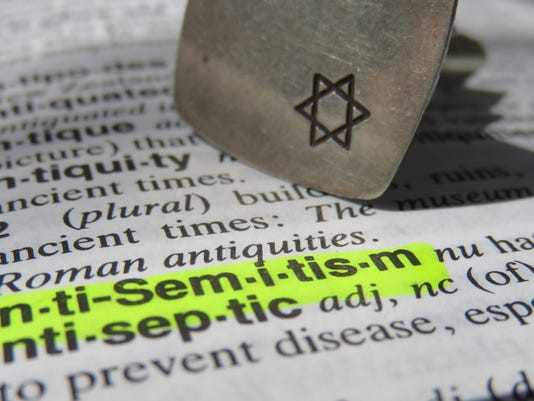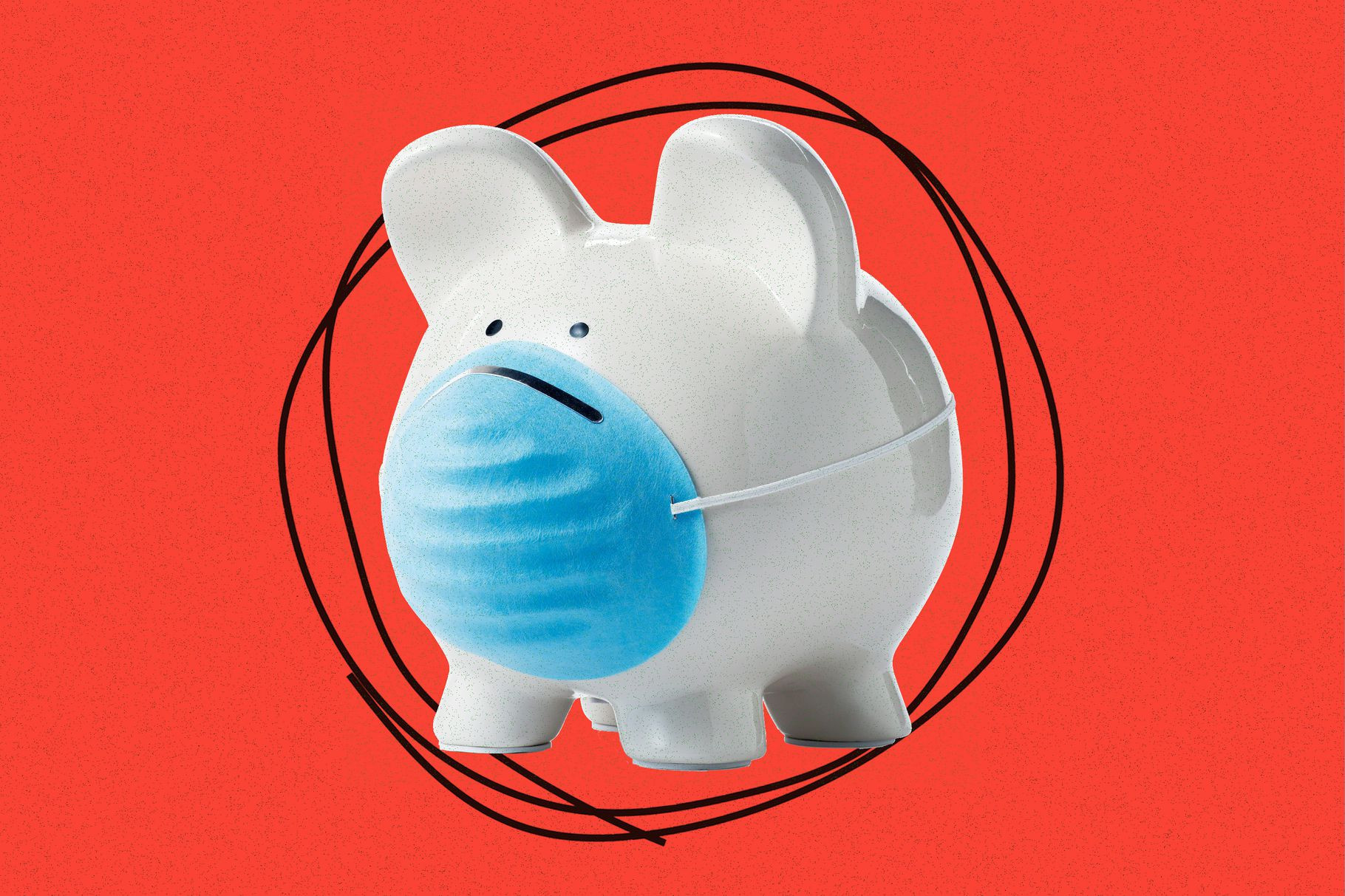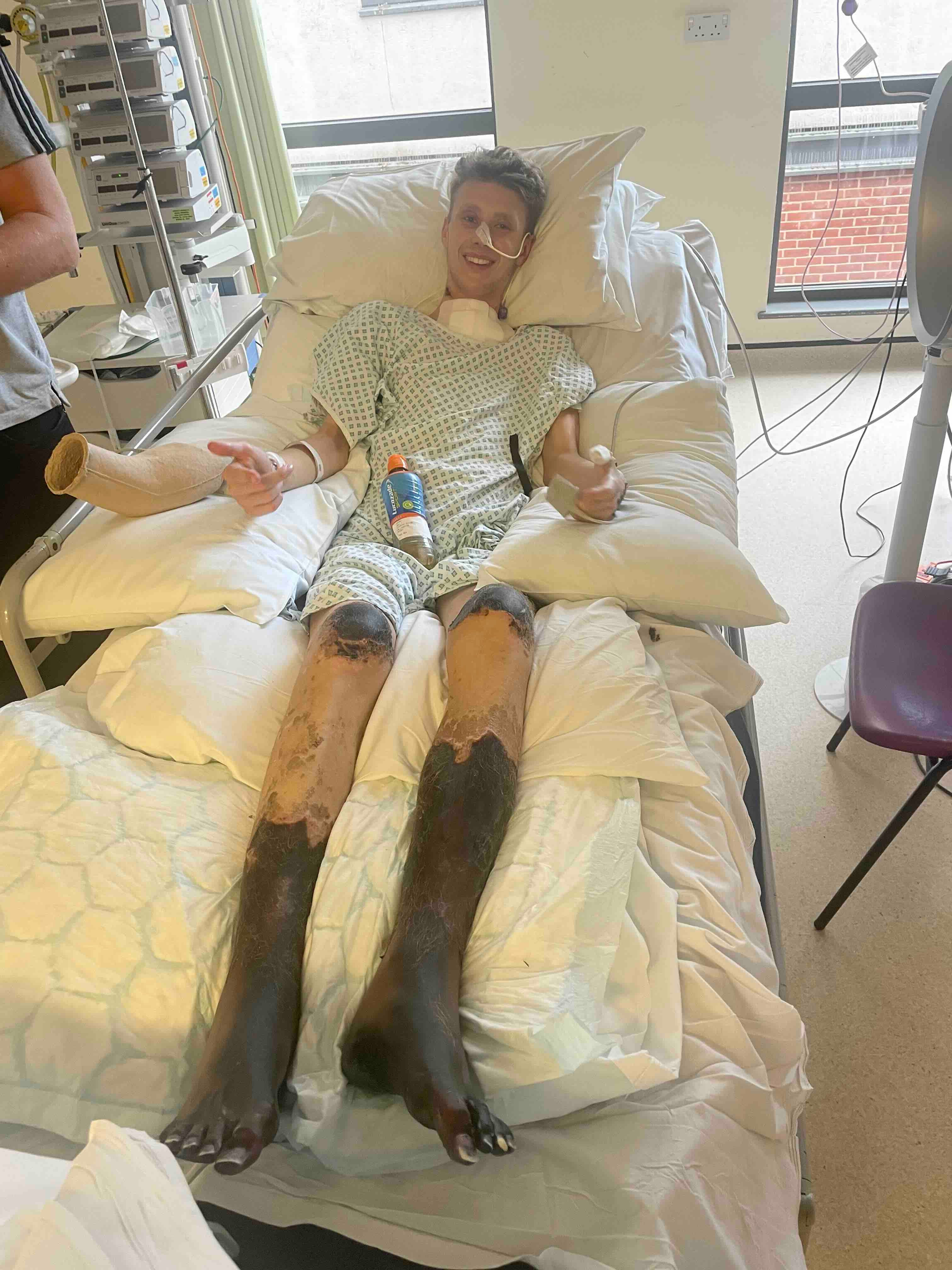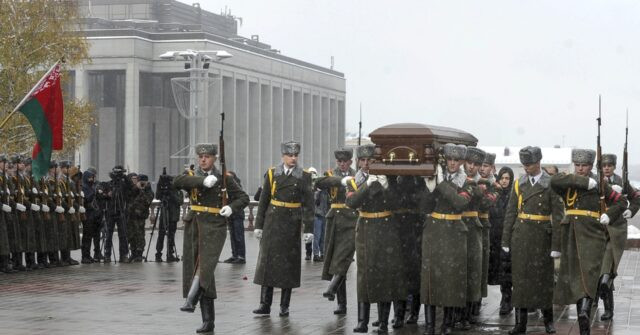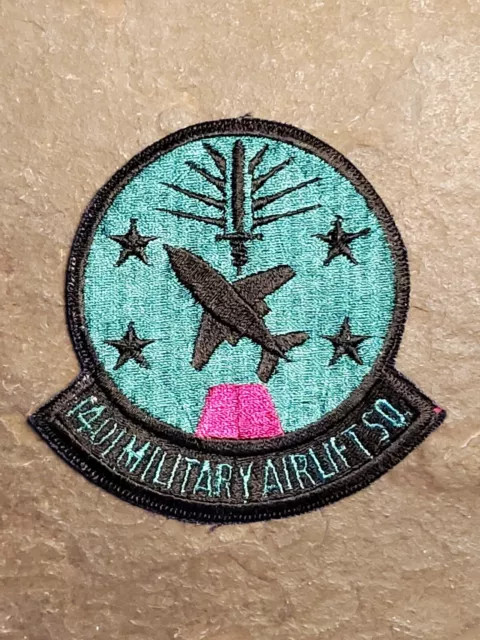One year ago on the Hebrew Calendar, as Jews around the world readied themselves for joyous Simchat Torah celebrations, a listed terrorist organization launched a ruthless attack callously murdering men, women, children and the elderly in Israel. More than 1,200 people, representing citizens of over thirty countries, were killed in cold blood and 254 people were taken hostage. Girls and women were raped. Eight Canadians perished at the hands of fanatical, extremist terrorists.
Reasonable and rational people were united in their horror.
Yet across the west, others celebrated their hatred against Jews and Israelis on our city streets, on our campuses, and online. They cheered terrorists as “anti-colonial” revolutionaries, ignoring the fact that their newfound heroes have a genocidal charter dedicating themselves to the destruction of Jews in the ancient Jewish homeland. They failed to recognize the ambitions of Hamas as a proxy of the Islamic Republic of Iran and a member of its “axis of resistance,” a network seeking to reshape the middle east into its own ideological vision through terrorism and autocracy.
One year later, in Canada we find ourselves in a renewed yet ancient battle against antisemitism and extremism. If this battle is lost, it threatens to unravel our most precious values and erode the law, order and foundations of our society.
Since October 7th, antisemitic incidents in Canada have risen 670%. Jews are the most targeted group for hate crimes in the country. Jewish schools have been shot at, businesses vandalized, neighbourhoods besieged, and universities barricaded. Canadian Jews have found themselves wondering if they are still safe in Canada and when, if not now, they might need to flee.
In the past year, we have seen political leaders, universities, union leaders, police forces, prosecutors and immigration agents ignoring – if not overturning – long established Canadian norms as they fail to take seriously the threat of “anti-Zionism,” a perverse antisemitic political ideology that posits anyone who believes in the Jewish right to self-determination is, somehow, evil.
Our political leaders have used hollow words with no actions to stand up for Jews in Canada. Virulent antisemitism and hate have gone unaddressed within political parties and unprosecuted in our streets. Our universities have let uninformed opinions go unchallenged and offensive behaviour unpunished as radical students attack Jews on campus. Our public sector labour leaders, who represent those whose solemn duty is to safeguard our fair and impartial institutions, at worst espouse antisemitism and at best are silent.
The Canadian promise of tolerance and pluralism has never been more at risk.
Extremism is on the rise and our leaders have equivocated. We have learned that Canadians are engaged in terror plots against Jews and the west, and that our supposedly welcoming cities foster hate movements with connections to global terrorists organizations. As our political leaders say “this is not who we are” after each attack on Jewish communities, they ignore the obvious truth that this is who we have let ourselves become.
The first Jew arrived in Canada in 1738. We should never have a date for when the last Jew leaves. On this somber anniversary, it is important to renew the Canadian promise for a tolerant society, one that stands for mutual respect and against hate – one that stands with the Jewish community.
Renewing our commitment to the Canadian promise means that leaders must move beyond idle talk and to action. It means that those who have been too fearful to do the right thing should join their colleagues in standing against antisemitism.
Renewing our commitment means we must ensure our institutions maintain their norms, that individuals are protected, that our laws are enforced, and that free speech can flourish concurrent with our commitment to a multicultural and pluralistic society.
Renewing our commitment means our leaders must relentlessly speak the truth and doggedly pursue the best interests of a free and tolerant Canada, consistent with our fundamental freedoms, even when it is not politically expedient.
Renewing our commitment means that we do better.
Throughout history, Canadians have looked hatred in the face and, while we have stumbled, we have ultimately rejected it time and time again. Our leaders must find this spirit in them yet again – to do what is right even when it is hard, to stand with the Jewish community and fulfill the Canadian promise of tolerance, peace, order and good government for everyone living here.
The government of Canadian Prime Minister Justin Trudeau published a new handbook on antisemitism on Thursday that Palestinian rights activists say could stifle criticism of Israel and lead to the persecution of pro-Palestine activists.
However, Canadians for Justice and Peace in the Middle East (CJPME), claims that the handbook "will have a chilling effect on pro-Palestine speech and activism".
Much of the controversy stems from the involvement of the IHRA, which stands for the International Holocaust Remembrance Alliance, and whose definition of antisemitism is widely seen as conflating criticism of Israel with antisemitic rhetoric.
One of the most contentious elements of the handbook, based on the IHRA definition of antisemitism, is the idea that criticising Israel as a racist "ethnostate" is antisemitic.
The handbook also claims that it is antisemitic to oppose the ideology of Zionism, which is defined only as support for Jewish self-determination in their ancestral homeland.
Case studies cited in the handbook include social media posts stating that "you can’t be antiracist and Zionist" and "Zionism is a racist & violent settler-colonial project".
On this basis, the CJPME warns that this will be used to silence Palestinian experiences of Israeli oppression and the freedom of speech to criticise Israel.
Other examples of alleged antisemitism cited in the handbook include the rescinding invitation of a speaker from an event because she had served in the Israeli military, as well as social media posts calling Israel "colonialist".
"After over a year of Canadians protesting Israel’s genocide in Gaza, Trudeau has the audacity to publish a guide on how to crack down on pro-Palestine speech," Michael Bueckert, Vice President of CJPME, said in a statement.
"This anti-Palestine, pro-censorship handbook poses a direct threat to civil liberties and will target the critics of Israel’s atrocities, especially Palestinians. We urge Canadian institutions to reject the use of the handbook," he added.
The CJPME claims that over 11,000 Canadians have emailed Prime Minister Justin Trudeau calling for him to scrap the handbook.
Trudeau has come under fire for what many consider to be his biased policies towards Israel, such as his initial refusal to call for a ceasefire in Gaza.
The Canadian government also adopted a partial arms embargo to Israel, which critics have pointed out will still see the sale of offensive weapons that will be used against civilians in Gaza.
Trudeau also handpicked Deborah Lyons, Canada’s Special Envoy on Preserving Holocaust Remembrance and Combatting Antisemitism and a former Ambassador to Israel, to lead the drafting of the handbook.




